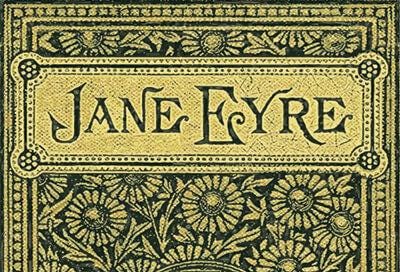Welcome to Healing is My Special Interest, the newsletter at the intersection of late-diagnosed neurodivergence and healing from high control environments. Today’s guest post is definitely about both but in the format of interacting with a beloved classic novel. If you are anything like me, this essay by Kyrstiana will make you want to immediately read …
Keep reading with a 7-day free trial
Subscribe to Healing is My Special Interest to keep reading this post and get 7 days of free access to the full post archives.



